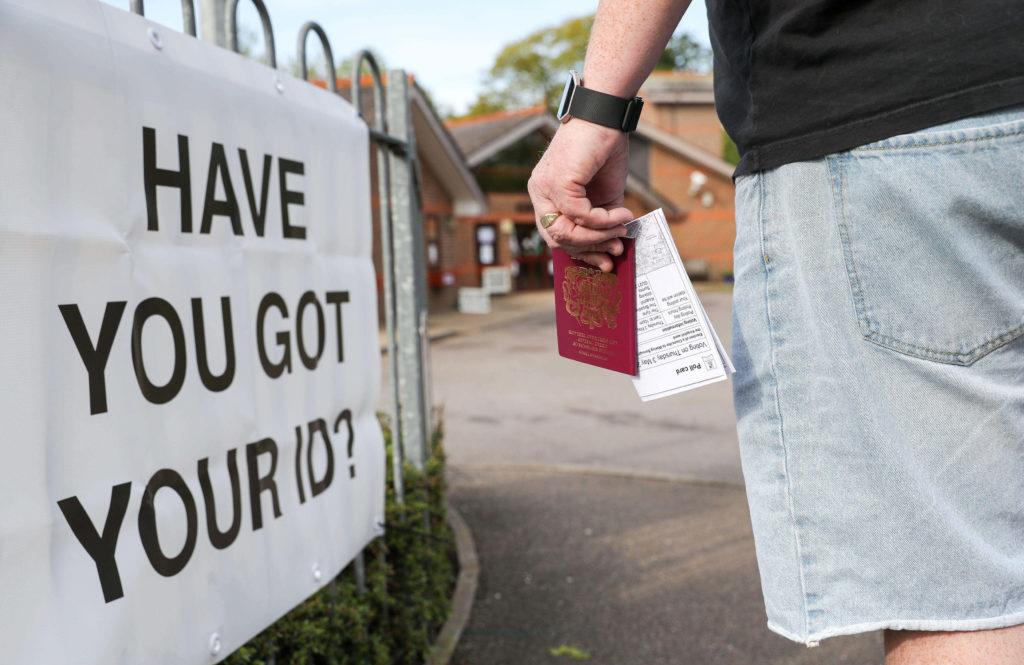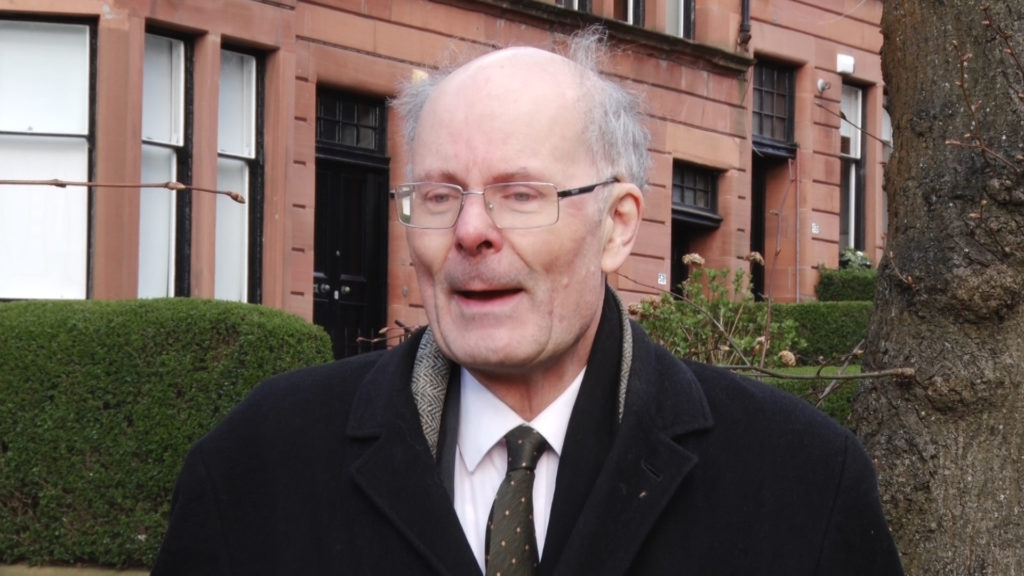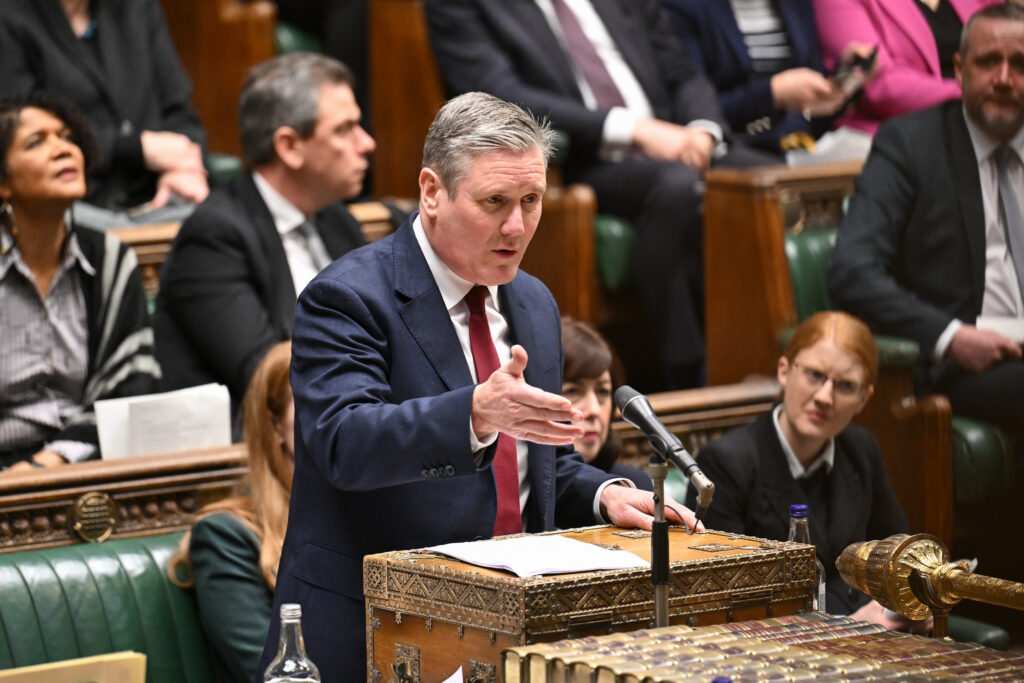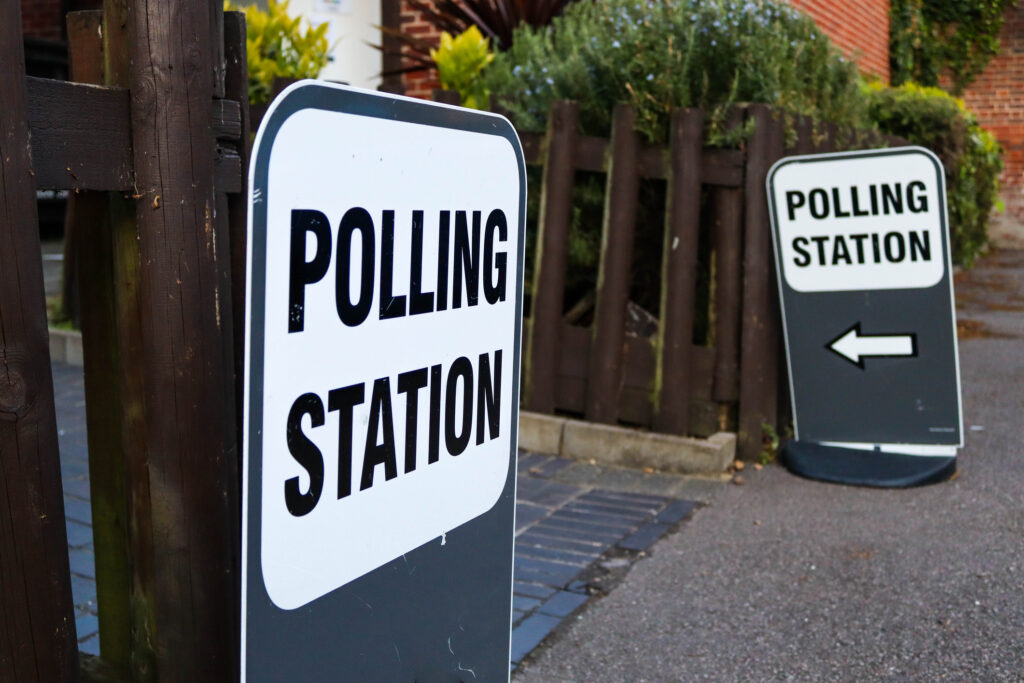Who is eligible to vote?
In order to vote in a UK general election you must be: on the electoral register; 18 years of age or older on polling day; a British, Commonwealth or Irish citizen resident in the UK; and not subject to a disqualification.
You will be disqualified from voting if: you are a member of the House of Lords; you are a national of any country other than Commonwealth countries and the Republic of Ireland.; you are currently in prison, but prisoners on remand can now vote; you have been found guilty of corrupt or illegal election practices in the previous five years; or you have been detained under certain sections of the Mental Health Act.
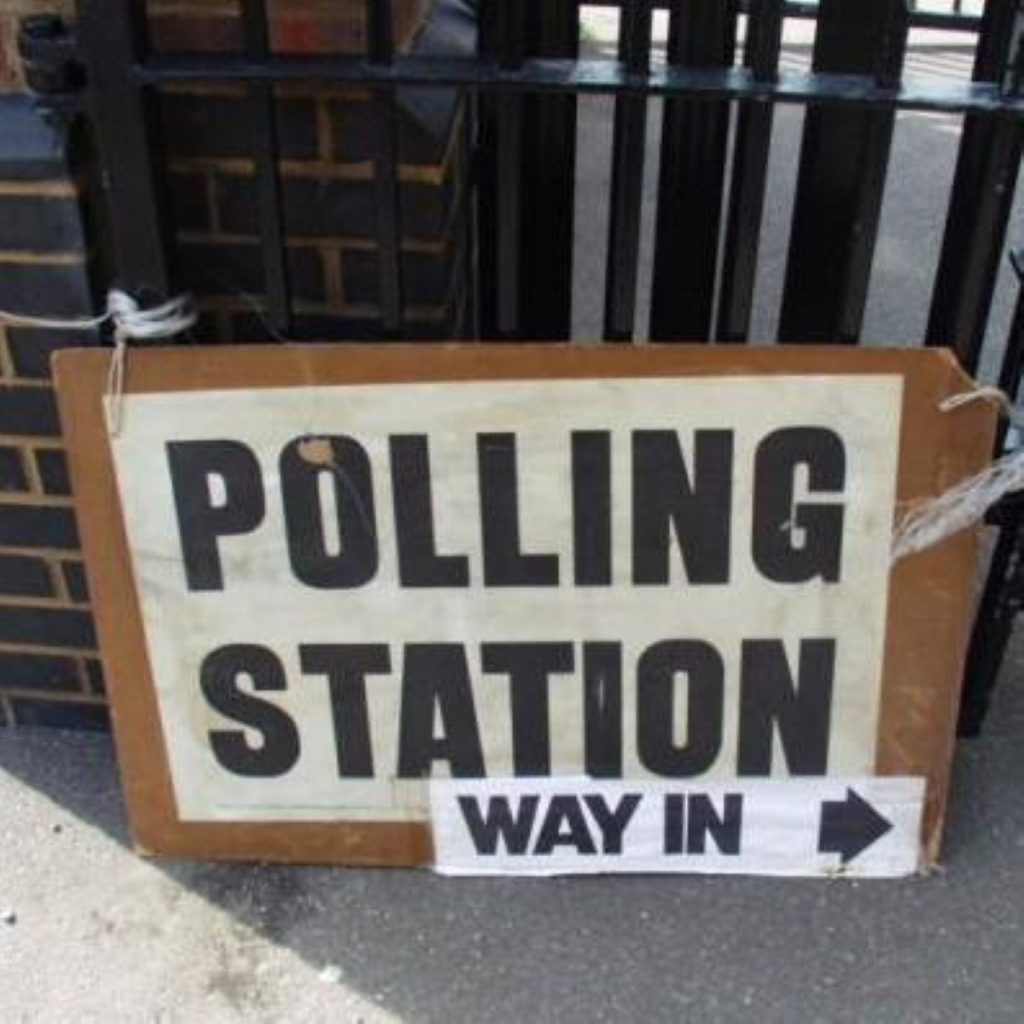
Methods of voting
There are several ways in which to vote, including by post and by proxy, as alternatives to the traditional trip to the polling station.
Voting at a polling station
Voting in person at a polling station is the traditional way of voting on polling day. Each voter will be allocated a polling card detailing their nearest polling station, which are typically schools and civic venues. Polling stations are open between 0700 and 2200 on polling day.
Voting by post
In England, Scotland and Wales you can vote by post if you are either unable to or do not want to attend your polling station. You do not need a specific reason in order to vote by post and you can apply to vote by post for a specific election, a specifi*c time period or indefinitely. You do, however, have to apply a set number of days before polling day.
Postal votes are typically sent out a week before polling day. They can be posted back to the council offices, or delivered by hand to the council offices or polling station. Either way they need to be received by the close of polling.
Voting by proxy
Voting by proxy is where you appoint someone to vote on your behalf at a polling station. Unlike postal voting you need to provide a reason for voting by proxy and you can only vote by proxy indefinitely if you meet certain criteria. To apply to vote by proxy you need to contact your local council.
General Election procedure
How is an election called?
Under law, a Parliament has a maximum duration of five years starting from its first meeting following a general election.
The date of the next general election was historically at the discretion of the Prime Minister. After deciding to call an election, the Prime Minister would visit Buckingham Palace to ask the Queen to dissolve Parliament. A proclamation will then be published dissolving the current Parliament and calling a new one.
The Fixed Term Parliament Act passed in the context of the 2010 Conservative – Liberal Democrat coalition government specified a fixed five year Parliament length. However the act nonetheless failed to prevent early elections being called in both 2017 and 2019. The Conservative government is now planning to repeal the Fixed Term Parliament Act. This will likely return the date of the next general election to the discretion of the Prime Minister.
Once Parliament is dissolved MPs cease to be, even if they are standing for re-election. During the election period they are not permitted to enter the Palace of Westminster or use any of its facilities. However, they and their staff will continue to be paid up until polling day.
Unlike MPs, the Government will continue to be the Government until the election results are declared.
Election timetable
The election timetable runs for a total of 18 days, starting with the dissolution of Parliament on day zero and ending with polling day on day 17. Weekends and public holidays are not included as part of the timetable.
How an election works
The general election in the United Kingdom uses a system known as first past the post. The country is split into 650 geographical single-member constituencies. Each voter casts one vote for an individual candidate of a registered political party or for an independent. The candidate who gets the most votes wins the seat and the party that wins the most seats forms the Government of the day.
Candidates
Candidates in a UK general election must meet the following criteria: be aged 18 or above, be a British citizen, or a citizen of a Commonwealth country or the Republic of Ireland, and be eligible.
You will not be eligible to be a candidate in a UK general election if: you are subject to bankruptcy restriction orders, you have had your estate sequestrated in Scotland, you are a convicted prisoner of certain offences, you have been found guilty of certain election offences, or you are a eligible to sit and vote in the House of Lords,.
Further, you will not be eligible if you are employed by the Crown in one of the following roles: holder of a politically restricted post in the Civil Service; a police officer; member of the armed forces; a holder of judicial office; a government nominated director of a commercial company; a member of a non-departmental government body
To stand as a candidate, you need to obtain nomination papers from your local returning officer and complete it along with the signatures of 10 electors in the constituency you are intending to stand. These should typically be returned by 4pm on the day of the close nominations, alongside a deposit of £500. The deposit is only returned if you later obtain 5% of the votes cast in the constituency concerned.
As a ‘validly nominated’ candidate you will be entitled to free postage for one election communication to electors in your constituency, as well as the use of certain rooms to hold public meetings.
Nominations will include a description of the candidate of up to six words, which will appear on the ballot paper. From this description, electors should be able to identify the candidate, and it must not be confusing in any way.
Election spending
Political parties are subject to spending limits during a general election. The limits, which took effect before the 2001 general election, concern expenses incurred by a political party in connection with promotion of the party. The Electoral Commission regulates expenditure and each party needs to return full details of their expenditure within 35 days of polling day.
Political party spending is considered separately from spending by individual candidates. Candidates need to report these expenses separately to their relevant electoral officer.
Under the Political Parties, Elections and Referendum Act 2000, which introduced election spending limits, there are different limits for different categories of election expenditure, including party political broadcasts, advertising, manifestos, market research, press conference and rallies.
The limits for a general election cover spending during the 365 days ending with the date of the poll.
The amount parties are allowed to spend during an election depends on the number of constituencies they are contesting and where these constituencies are located. In England parties are allowed to spend £810,000 or £30,000 per constituency contested, whichever is greater. In Scotland they are allowed to spend the greater of £120,000 or £30,000 per constituency, and in Wales they are allowed to spend the greater of £60,000 or £30,000 per constituency contested.
In practice this means a party contesting one seat in England can spend the same amount on its national campaign as a party contesting 27 seats, while parties contesting 28 or more seats will be able to spend progressively more.
If a party was to contest all 646 constituencies its expenditure limit would be £19.38 million.
Parties have three months from the end of the campaign period (or six months for those with expenditure over £250,000) to submit details of their spending return. These need to list all payments made by the party and include invoices or receipts for payments of over £200.
Party election broadcasts
Party election broadcasts are carried on television and radio by BBC, ITV, Channel 4, Five, Classic FM, talkSPORT and Virgin 1215 services. Major parties will typically be offered a series of broadcasts before each election, including the SNP on Channel 4 and SNP and Plaid Cymru on Five. Other registered parties may qualify for a broadcast on the basis of contesting one sixth or more of the seats up for election (although all four nations are considered separately). Broadcasts will typically be 2 minutes 40 seconds, 3 minutes 40 seconds, and 4 minutes 40 seconds on TV, while on radio they can be any length up to 2 minutes and 30 seconds.
Broadcasts by the Conservatives, Labour, the Liberal Democrats and Northern Ireland major parties must be carried in peak time (1800 – 2230) as must SNP and Plaid Cymru on ITV in Scotland and Wales. All other broadcasts should be carried out in the period 1730-2330.









